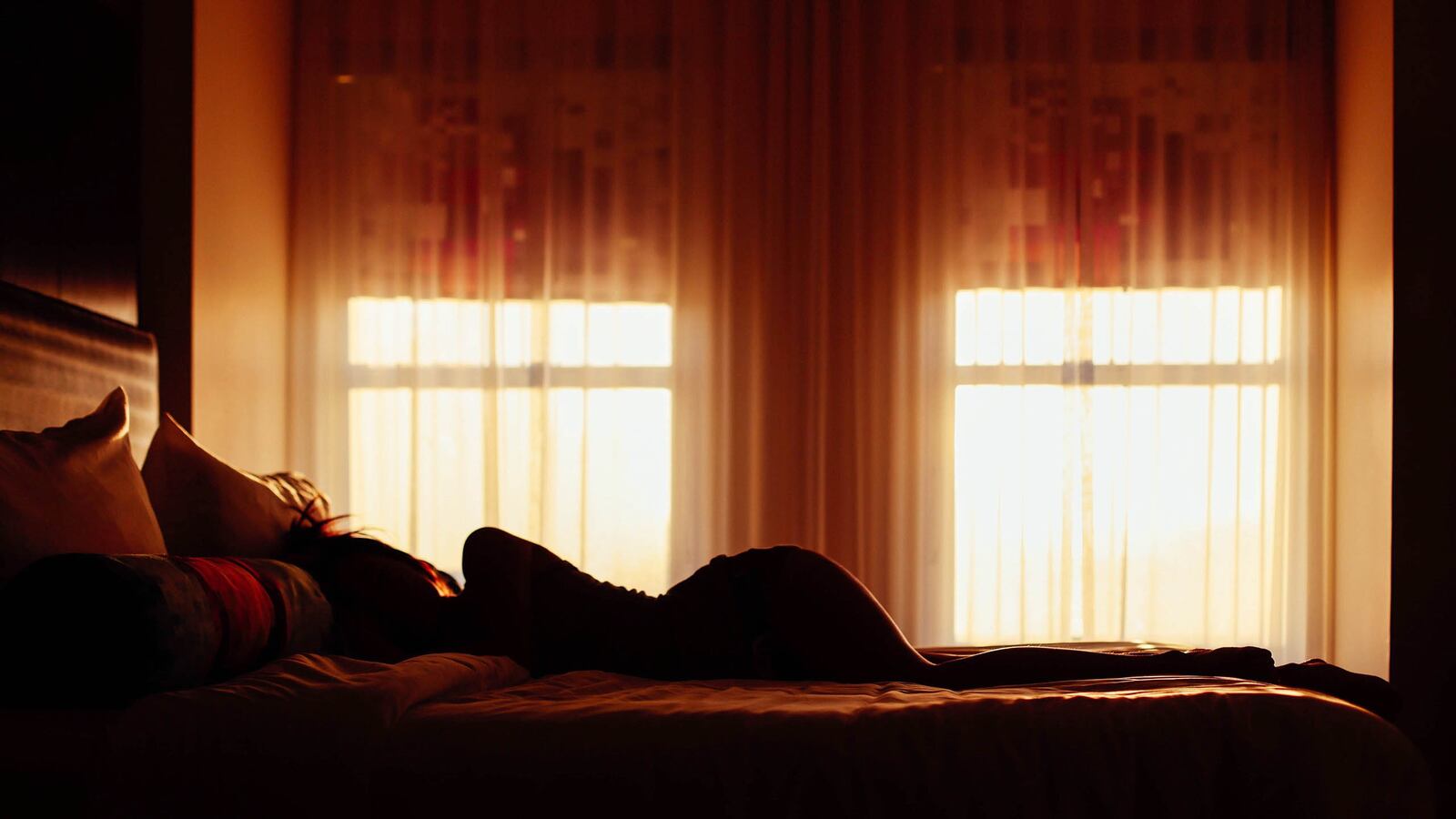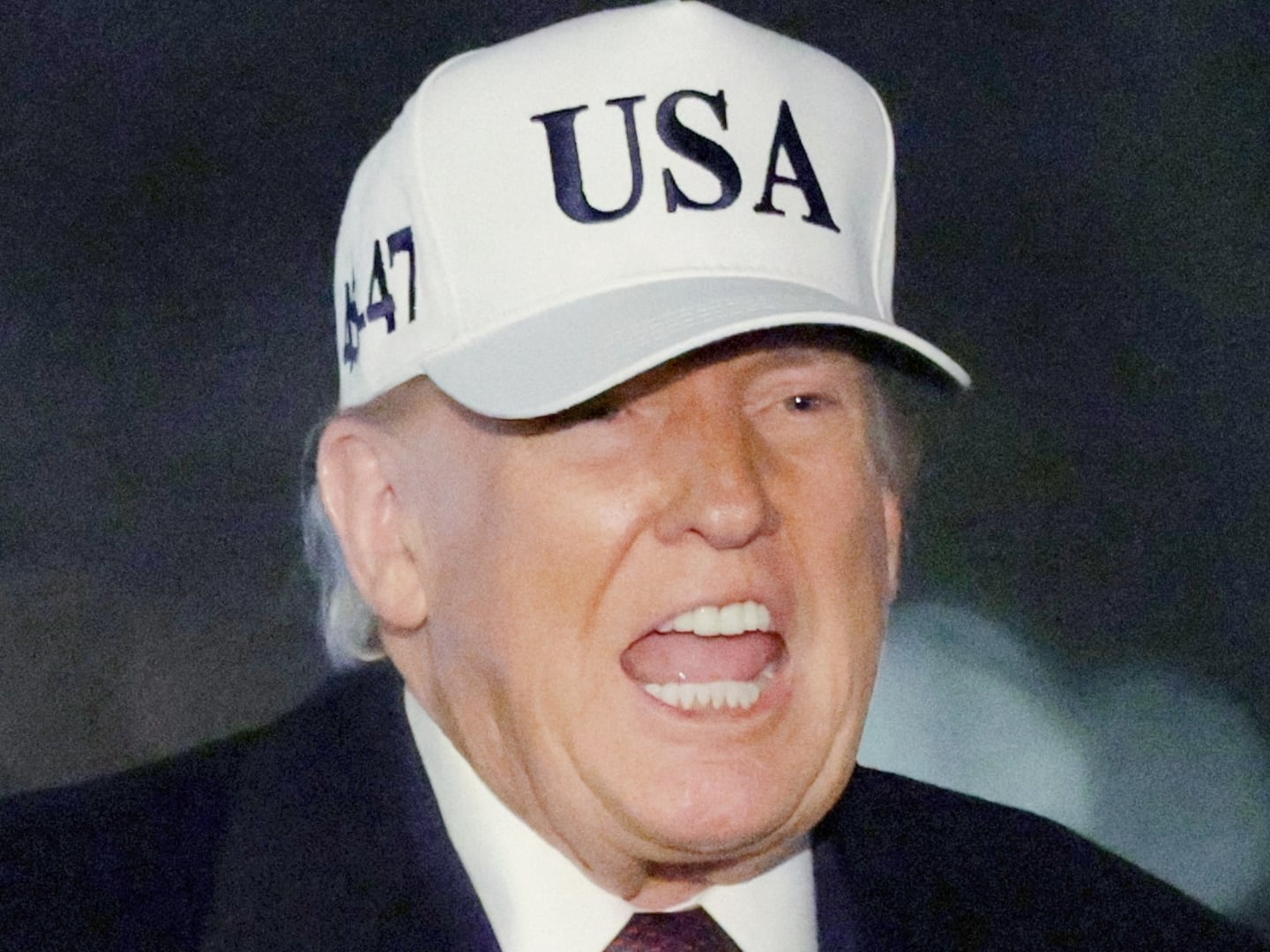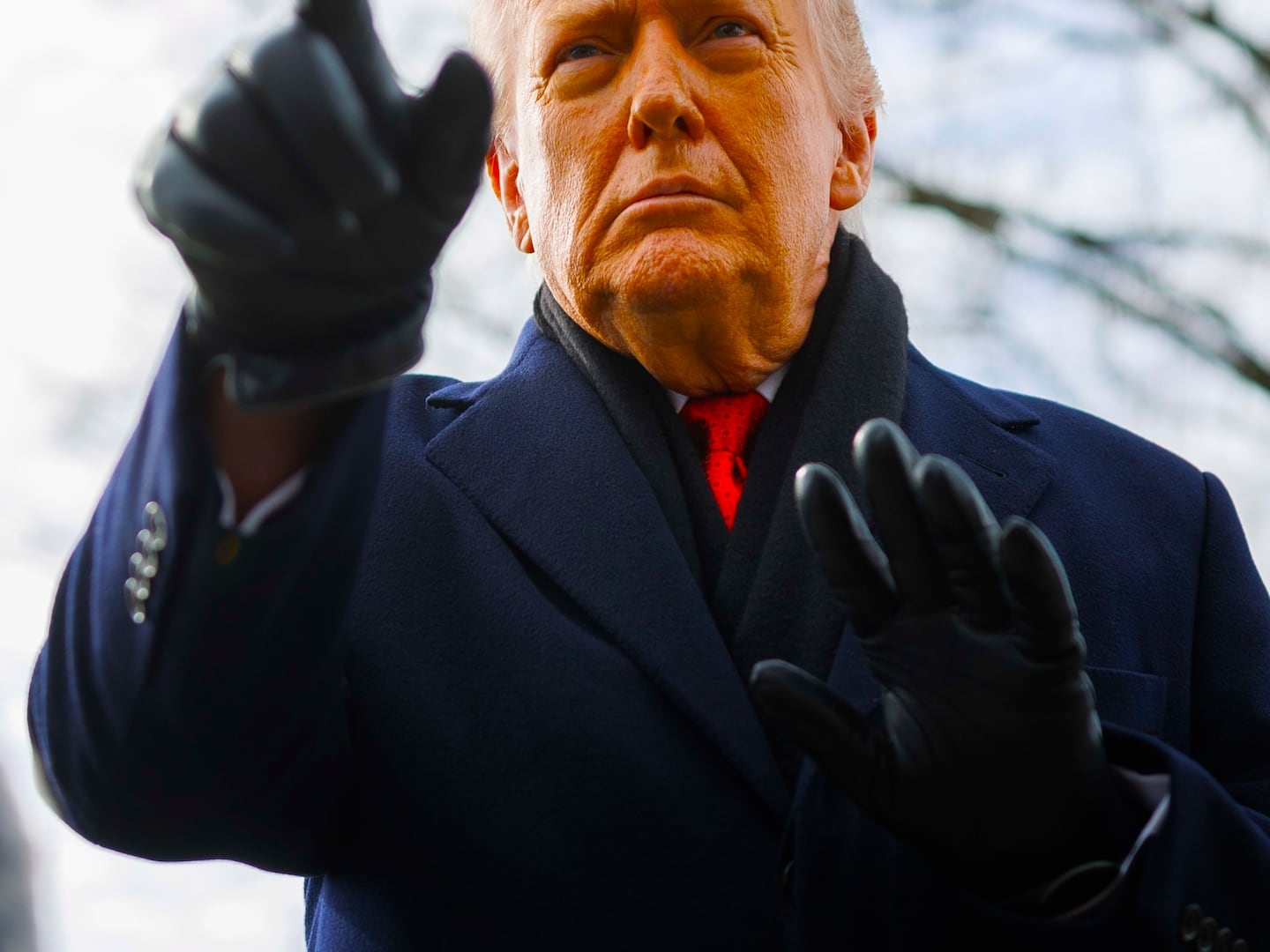I feel it burning somewhere just beneath the surface, constant like a low flame heating a kettle on the back eye of the stove. It is always there, always waiting for me to give in to its embrace. There were some days when all I wanted was to pull the blinds, and let it consume me.
Living with depression is not simply a state of mind. You don’t snap out of it or walk it off. No matter how long you sleep, it will be there when you wake. There are always more tears to cry. The water is always simmering on the burner.
This morning, as I reached for my journal and the news of Anthony Bourdain’s death began to spread, I could not help but think about how big he was—in physical stature and celebrity—as if any of that could have saved his life.
Bourdain was host of CNN’s docu-series Parts Unknown and exuded—at least to those of us who watched him on television—an uncommon sense of unflappability. The rockstar chef was fearless as he gulped down food that looked like it should be eating rather than eaten. He telegraphed sagacity, realism and well-being in gorgeously oversized portions. At least from the other side of the camera lens, Bourdain was without question a man in touch with himself and his earth. The depth of his compassion and curiosity seemed to know no borders.
His public personae betrayed nothing.
We went with him, because he was a trusted guide—one who would not leave us naked and alone in rickety old wooden boat on a ruddy, snake-infested lake in Guatemala. Bourdain was our safe passage. He mastered the art of uncovering, employing the kind of immersive journalism that informs new perspectives and gives new meanings. His talent, as with every gifted storyteller, was context.
But this I know for sure: When you are living with depression, there is no distance from which you cannot hear the kettle whistle or feel its heat. I spent a lot of years on the run, keeping a watching eye out for the typical triggers like a broken relationship, a lost job or an eviction notice. The truth is every day was another game of cat-and-mouse and it did not take a monumental life event to throw me into a skid.
I hid it from my family and friends with a dry wit, a sort of comedic cynicism. In time, it also became fuel for my storytelling. If I could point somebody toward safe harbor, even if that somebody wasn’t me, it would be enough—and a reason to stick around and do it again tomorrow. In this way, I imagine Bourdain and I are more alike than different.
Surviving it, at least for me and at least for this long, meant re-creating a relationship with the pain. The stresses and triggers will always be there. Real or imagined, what’s the difference really? I have become a staunch defender of bullshit as a teacher.
But, the most powerful thing I ever did—aside from a commitment to therapy and medication—was to start counting wins. Not like World Series championships or Stanley Cups, although finding out you have lost five unwanted pounds the same day you land a new book contract is really damn awesome. I mean like misty sunrises and a roadside sale on heirloom tomatoes. Like when a friend gifts you with a recording of Sarah Vaughan at Mr. Kelley’s. Yesterday, it was discovering the simplicity of pour-over coffee. The day before that, it was my manager-son calling to check the progress of my next novel. “Heidi-ho, Winslow…”
Sometimes, I can hear it coming over the mountain—the squeaky kettle whistle echoing in the clouds. And I know where to run for help. It’s those moments when I am caught unaware that I fear most, when the hot pot unexpectedly slams me in the face and it takes everything in me to crawl to shore. I remain surprised that I survived the episodic implosions that marked my teenage years, given how much time I actually spent thinking about ways to kill myself.
We did not talk about depression growing up. There was no time to be “weak in the head” and I cannot remember anyone in our family—immediate or extended—seeing a mental health counselor. Maybe it was the stigma, the cost or both, but my mother never took a day off. “Mental health days” were for white people. This is not unique to black culture, but we did not seek treatment for depression, drug addictions, alcoholism, post-traumatic stress or any number of other maladies that beset us. We were supposed to be bigger than whatever it was.
“I keep so busy praising my Jesus, I ain’t got time to die,” my grandmother would hum knowingly, as I lay in her bed bundled in her quilts. Her singing got me by and I suppose she knew that.
Each year, nearly 50,000 Americans take their own lives—although researchers believe the real number is much higher due to underreporting. The rates are highest among middle-aged white men, and a gun is involved in more than half the incidences. However, the Centers for Disease Control and Prevention reports a 25-percent increase in suicide since 1999 and the rate among black teenagers is climbing. Few of them are famous, like Bourdain or fashion designer Kate Spade. They die in anonymity and join the chorus of the silently dead.
Some of us will post the phone number for the National Suicide Hotline—1-800-273-8255—on social media and, yes, that is important. It is even more important to reach out to someone you know or even suspect is struggling.
The truth is we cannot eradicate suicide, but we can open the door to help. We can sit along a bedside and hum, like my grandmother did, until the sun comes up. We can, as my best friend Darlene did some years ago, make daily check-in calls until the fog lifts or personally drive you to see a new therapist when it doesn’t.
We can do for one what we would want to do for the many.






